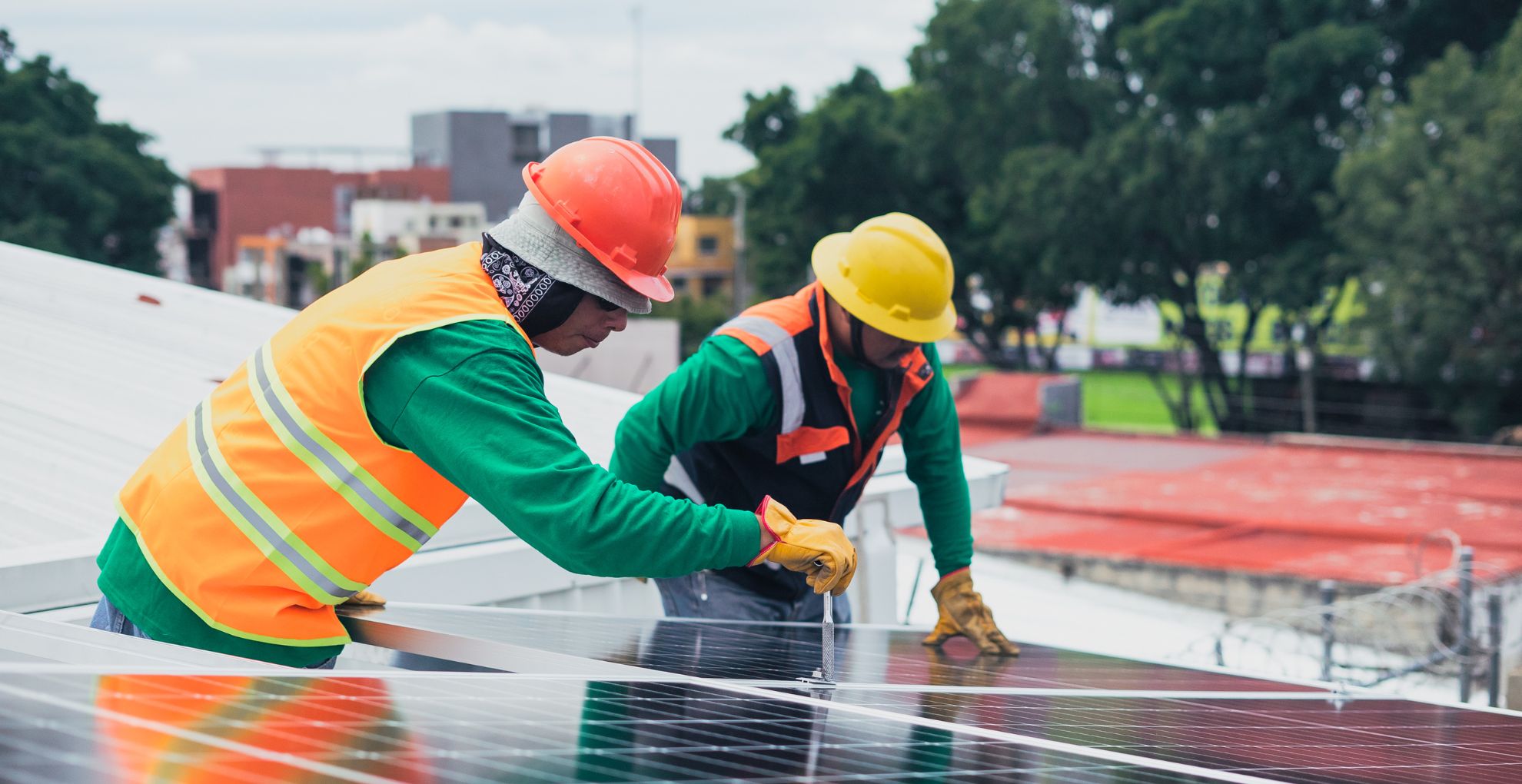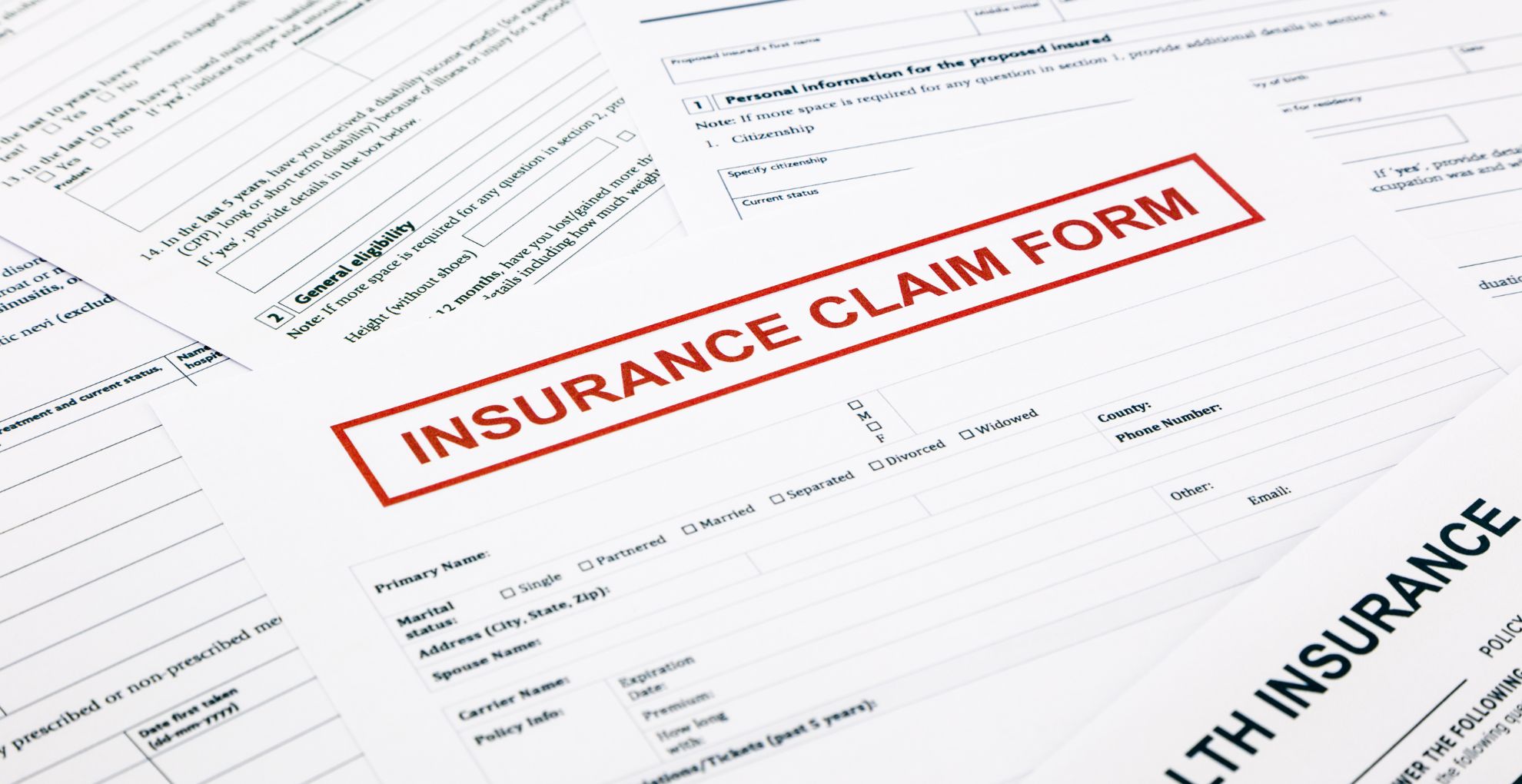Switching to solar energy is a smart investment—one that saves money, helps the planet, and increases your home’s value. But there’s a catch: the quality of your solar installation is only as good as the contractor behind it. Choosing the right solar installer in 2025 isn’t just about picking the lowest quote. It’s about protecting your investment, avoiding costly errors, and ensuring long-term performance. Unfortunately, not all contractors are equal, and one homeowner’s experience in Robesonia, Pennsylvania, offers a cautionary tale that sheds light on what can go wrong.
In this guide, we’ll walk you through how to identify a reliable solar installer, what red flags to avoid, and what questions to ask before signing anything. Whether you’re just starting your solar journey or re-evaluating your current options, this article will help you make an informed, confident decision.
Why Choosing the Right Installer Matters
Michael, a homeowner from Robesonia, PA, was thrilled to go solar—until everything went wrong. The initial contractor he hired provided a system that was poorly installed and dangerously flawed. A routine inspection revealed improper wiring, undersized mounting materials, and shallow foundations that didn’t meet frost line requirements. Worse, when a windstorm hit, the system collapsed completely, despite winds barely reaching 40 mph.
Michael’s experience is far from rare. Subpar installations can lead to:
-
Delays in approvals and permits
-
Unstable or unsafe equipment
-
Expensive rebuilds and do-overs
-
Voided warranties
-
Decreased system performance
That’s why selecting a qualified, experienced, and transparent solar installer is the most critical step in your solar journey.
Red Flags to Watch Out For
Not all solar contractors operate with the same level of integrity or expertise. If you spot any of these red flags, it’s best to walk away.
Signs of an Unreliable Contractor
If a solar installer isn’t certified or licensed, that’s your first warning sign. A lack of credentials means they’re not held to the industry’s safety or performance standards. Also, beware of vague quotes or contracts that skip over details like warranty terms or equipment specs.
High-pressure sales tactics are another red flag. If an installer is rushing you to sign without giving you time to do research, they may be hiding something. You deserve transparency and time to make a smart choice.
Poor communication is just as telling. If your questions go unanswered or if the installer can’t explain their process clearly, it might signal problems down the road, especially when you need support after installation.
Common Installation Failures
Sometimes the warning signs aren’t visible until it’s too late. In Michael’s case, the original contractor used 1.5-inch, thin-walled pipes anchored just 1.5 feet into the ground, well above the local frost line of 3 feet. The result? Structural failure after just a few months.
On top of that, the system included a 100-amp fuse in a 60-amp breaker box, creating a serious fire hazard. These are the kinds of mistakes that only surface when it’s too late—unless you choose the right installer from the start.
Qualities of a Trusted Solar Installer
Choosing the right installer means looking beyond price and flashy promises. The best solar contractors offer a combination of proven credentials, quality equipment, clear communication, and a genuine commitment to customer service.
Certifications and Memberships That Matter
Look for NABCEP certification, which signals that the installer has passed rigorous testing and adheres to national solar standards. Installers who are members of the Better Business Bureau, Chamber of Commerce, or local clean energy groups tend to be more established and community-trusted.
These affiliations don’t just look good on paper—they hold companies accountable and help ensure your installer won’t disappear after installation.
Track Record and Transparency
Experience counts. A reputable solar installer should be able to show you examples of previous work, along with online reviews, testimonials, and case studies. Look for contractors with a strong local presence, as they’ll be more familiar with area-specific regulations, weather conditions, and utility incentives.
If they dodge your questions or can’t provide references, that’s a major red flag.
Technical Expertise and System Design
Every home is different, and your solar system should be tailored to your property, not copied and pasted from someone else’s. Trusted installers perform site evaluations, wind-load and snow-load calculations, and make sure mounting systems like Earth Augers or Tough Trac rails are suited to your local climate. These technical choices can make or break the longevity and durability of your system.
How to Vet a Solar Installer Before Signing
Vetting an installer can feel overwhelming, especially with so many options out there. But asking the right questions can give you clarity and peace of mind.
Questions You Should Always Ask
Ask your prospective installer:
-
Are you NABCEP certified?
-
How many systems have you installed?
-
What warranties do you offer, both for equipment and labor?
-
What happens if my system underperforms or is damaged in a storm?
If they hesitate to answer or overpromise guarantees without showing evidence, be cautious.
What to Look for in Their Proposal
A strong proposal is detailed and easy to understand. It should outline equipment types and brands, energy production estimates, labor costs, warranty details, and any tax credits or rebates you qualify for. If something seems too vague or too good to be true, ask for clarification.
For example, if your quote doesn’t mention whether the system is designed to handle wind speeds typical in your area—or if it includes underpowered components—that’s a sign of trouble ahead.
Site Visit and Inspection Checklist
Any professional installer should perform a physical site visit before finalizing the design. They’ll evaluate your roof condition or soil type (for ground mounts), look at sun exposure and shading, and assess how your property’s layout might affect installation. This isn’t just a formality—it’s how they ensure your system will work as promised.
Installation and Aftercare Support
Your relationship with a solar installer doesn’t end the day the panels are up. Aftercare matters just as much.
What to Expect During Installation
Once permitting is complete, a good installer keeps you in the loop every step of the way. They’ll outline what’s happening on each day, stick to a timeline, and follow proper safety and cleanliness protocols. If they can’t commit to a schedule or don’t communicate delays, that’s a red flag.
Post-Installation Services
Look for installers who offer ongoing monitoring, maintenance, and performance tracking. Some even help you register for Solar Renewable Energy Credits (SRECs) or apply for federal tax credits. This kind of support is invaluable, especially when you need to troubleshoot years down the line.
Real-World Lessons from Failed Installs
Michael’s story in Robesonia stands as a powerful reminder of what can go wrong when you don’t do your homework. After his original contractor’s work collapsed, Belmont Solar stepped in to rebuild the system properly.
They used deep-driven Earth Augers that withstand 100 mph winds and 40 psi snow loads, plus Tough Trac mounting rails engineered for durability. His rebuilt system not only survived a severe storm in 2020, but it continues to generate reliable power today.
The lesson? You may spend a bit more on a qualified installer up front, but it can save you thousands in rebuilds and prevent endless frustration.
FAQs: Choosing a Solar Installer in 2025
How do I know if a solar installer is certified?
Look for NABCEP certification and state-specific licensing. Ask for proof and verify online if needed.
What should a solar installation quote include?
Expect a full breakdown of costs, equipment brands, warranties, timelines, and expected energy output.
Can I switch contractors mid-project if I’m unhappy?
Yes, but it may incur additional costs. Review your current contract carefully and consult another certified installer before proceeding.
Are online reviews reliable when choosing a solar contractor?
Yes, especially when they include project photos or detailed accounts of the installation process. Platforms like EnergySage and BBB are good places to start.
Final Thoughts: Choose with Confidence
Choosing the right solar installer in 2025 isn’t just a box to check—it’s the foundation of your clean energy future. Don’t rush the process. Talk to at least three companies. Ask thoughtful questions. Compare not just the prices, but the people, the process, and the products they offer.
With the right contractor, your solar journey will be smooth, rewarding, and full of peace of mind. Without one? Well, just ask Michael.
Take the time to choose wisely—and enjoy the sun-powered savings for decades to come.
For more tips and information, check out our solar energy latest articles on our website and start planning your next home upgrade with confidence.






